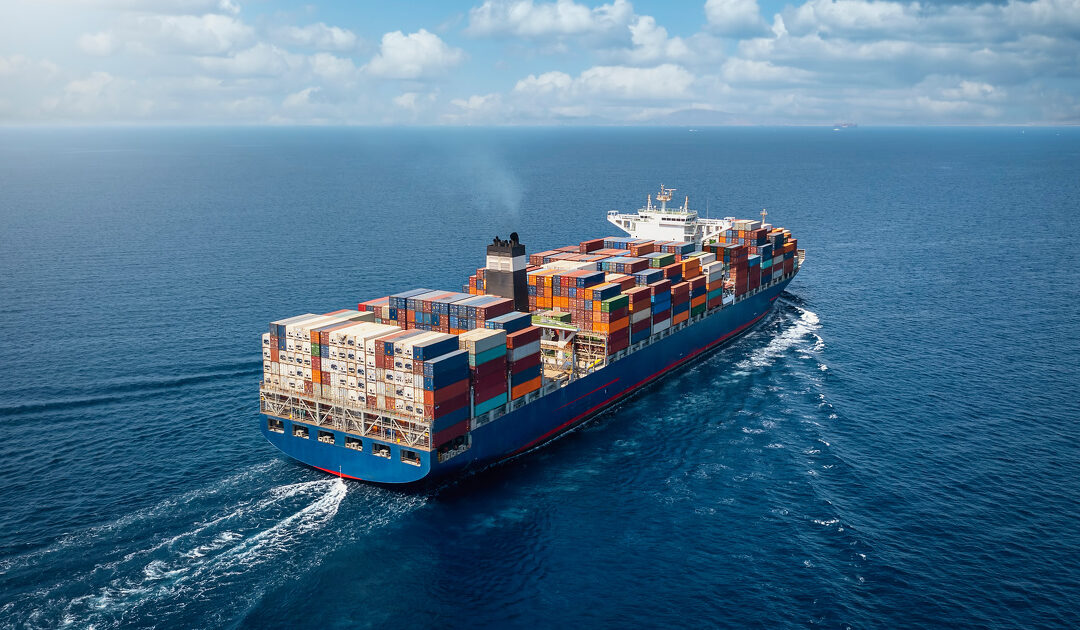The year 2024 promises to be a defining year for the shipping sector, with several key trends influencing global operators.
1. Transition to sustainability
Environmental concerns will continue to be at the forefront. The adoption of alternative fuels such as LNG (liquefied natural gas) and the electrification of ships is becoming more widespread, while stricter regulations on CO2 emissions are being put in place. Shipowners are also investing in green technologies to improve energy efficiency and reduce the carbon footprint.
Advice :
- Work with carriers who commit to sustainable practices to anticipate new regulations and remain competitive.
2. Increased digitalization
Digitalization is another major trend, with the adoption of technologies such as blockchain, artificial intelligence (AI), and Internet of Things (IoT) to improve cargo traceability, reduce human errors, and optimize supply chains. Real-time tracking of shipments and the use of predictive analytics tools also help improve efficiency and reduce operational costs.
Trick :
- Invest in technologies that improve transparency and management of logistics flows to optimize your maritime transport processes.
3. Restructuring of trade routes
With rising geopolitical tensions and global economic uncertainties, many operators are reviewing their trade routes to avoid risk areas. Alternative routes, notably via the Arctic, are being explored, while the diversification of logistics hubs is becoming a priority to avoid traffic jams and delays.
Recommendation :
- Adapt your shipping strategies according to changing trade routes to minimize risks and optimize delivery times.
4. Increased transport capacities and alliances
Faced with increasing demand, shipping companies are investing in larger and more efficient ships. In addition, alliances between large companies are being strengthened to pool resources, increase transport capacity, and rationalize operating costs.
To do :
- Collaborate with operators integrated into alliances to benefit from greater flexibility in the management of your shipments.
5. Port automation and smart logistics
Port automation is becoming a key lever to streamline logistics processes. In 2024, more and more maritime terminals will integrate cutting-edge technologies such as automated cranes and paperless management systems. This development aims to improve efficiency, reduce waiting times, and reduce human errors.
Advice :
- Choose technologically advanced ports and logistics hubs for smoother and faster management of your goods.
Conclusion
The maritime transport market in 2024 will be marked by a profound transformation driven by digital technologies and environmental concerns. The adoption of sustainable practices, the digitalization of logistics processes, and the redefinition of trade routes will be strategic levers to remain competitive. At Omnifreight, we monitor these developments closely to offer you innovative logistics solutions adapted to the challenges of tomorrow.


Très bel article bonne continuation.